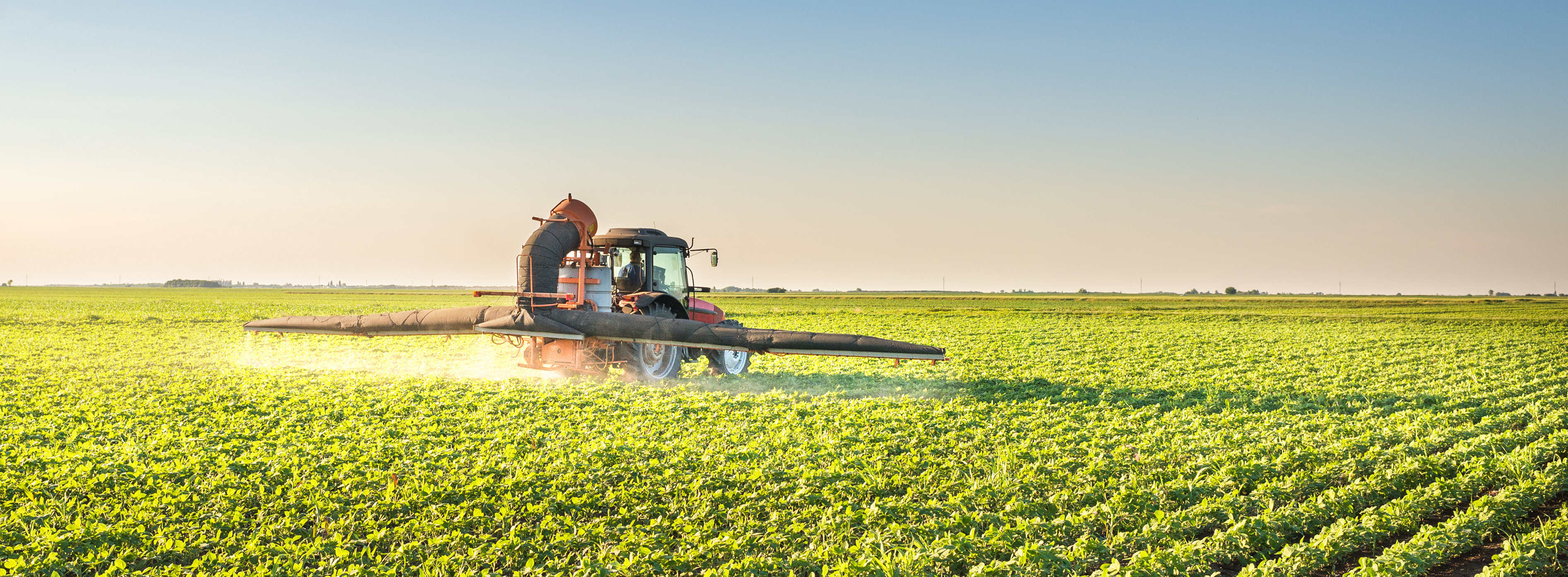In today’s talking points: Aussie role of global rice on rise; Increase in Chinese online sales for fresh Australian produce; East China ban on poultry sales due to bird flu fears; Australian cattle industry aims to maintain clean, green image in Chinese trade market.
1. Aussie role of global rice on rise
Even though Australia’s rice farmers make up a small fraction of the world’s 144 million rice producers, they can still play an important role in the industry’s global development, according to Australian scientist Matthew Morell, who heads up the Philippines-based International Rice Research Institute. The IRRI is an independent research and education agency dedicated to reducing poverty and hunger through rice research, improving the health and welfare of rice farmers and tackling future climate issues. Their aim is to change the way rice and cereal are produced and they are also looking at technology and ways of breeding rice to meet challenges of climate change. Temperate-zone rice is grown in cool regions such as Australia. They would like deliver all the technology and knowledge that’s produced in more affluent rice producing countries.
Read more at Weekly Time
2. Increase in Chinese online sales for fresh Australian produce
Over the Chinese New Year period there was a report of significant growth in online sales for fresh Australian fruit and meats, as reported by JD.com. Imported goods from Australia such as beef, cherries and kiwifruit saw increased sales of up to 14-times. The online giant attributes the growth to the increasing sophistication of the Chinese-consumer’s palate, as they become more aware of the products available from overseas. A long-term growth in imported food sales is expected, a trend that has already appeared in the import of wheat, rice and vegetables. These imports have grown 13.5, 5.5 and 2 per cent respectively, with the majority of sales coming from Australia. Meat imports are also on the rise, with the value of Australian livestock imports being over USD20 billion.
Read more at Xinhua
3. East China ban on poultry sales due to bird flu fears
Last week the eastern Chinese city of Nanchang added to others in the region that banned live poultry sales due to fears surrounding the spread of the H7N9 strain of bird flu. The ban will exist for two weeks in the city, and all poultry markets will be accordingly disinfected. The local government believes that market closures are the most effective way of stemming the spread of the virus. The Jianxi province in east China has reported 28 cases of the virus, but authorities stress that with the new measures in place there is no need to worry. The increased prevention measures and bans on the market have proven successful in other regions. The emergency response centre at the Chinese Center for Disease Control and Prevention also suggests replacing live poultry with frozen birds to reduce the risks of spreading the virus.
Read more at Xinhua
4. Australian cattle industry aims to maintain clean, green image in Chinese trade market
In February this year, shipments of live cattle from Australia to China commenced with a third expected to follow between March and June.. This an exciting area of growth despite declining land values, lack of profitability and rising debt for Australian farmers. According to the Guardian, meat which was originally regarded as a rare treat is now part of the staple diet in China. An increase in consumption levels is indicative of a desire for higher quality beef. To some extent, this can be attributed to the nation’s rapid economic growth in the past several years. China is now the largest contributor in foreign investment in agriculture as of 2015. Following this, the cattle industry is keen to maintain a clean and green image, with Australian Livestock Exporters’ Council chairman Simon Crean reporting that the burgeoning market was “built on the values Australia shares with China around biosecurity, traceability, welfare and an appreciation for high-quality cattle and beef”.
Read more at Asian Correspondent

